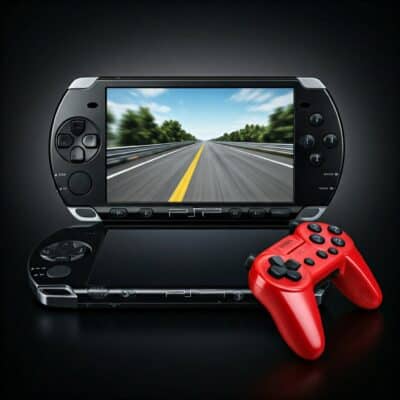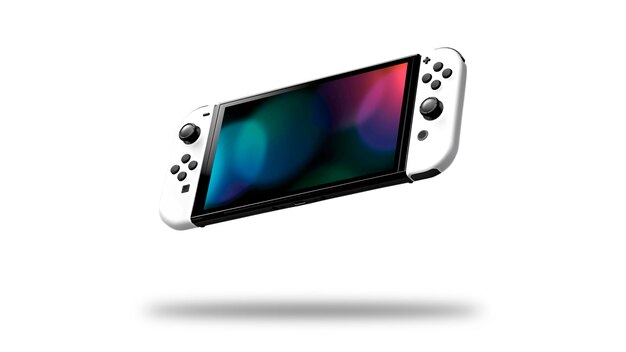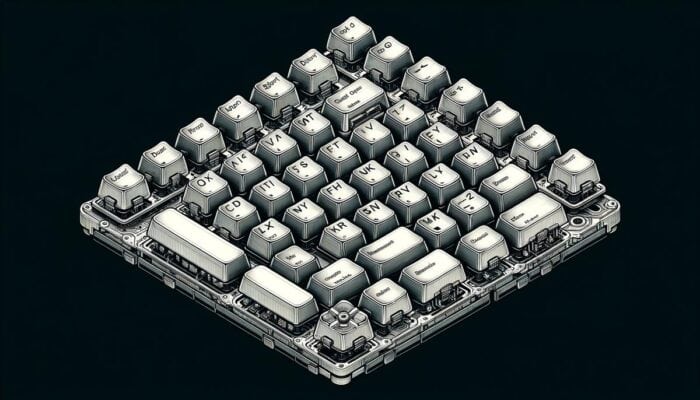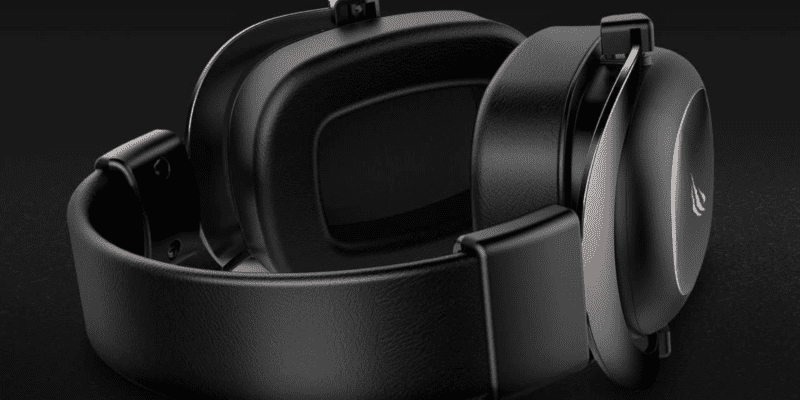Gaming Screen, Blog
Will A Gaming Monitor Make A Difference? 3 Superb Reasons Behind It
Will a gaming monitor make a difference? The world of gaming has evolved in the past decade. What was once just a hobby for kids and nerds is now a multi-billion-dollar industry. With the rise of e-sports and the increasing popularity of live streaming, the need for a top-notch gaming monitor is more crucial than ever.
There are a number of factors that make a gaming monitor great. Resolution, color accuracy, refresh rate, response time, and input lag. Find out more about the answer from the question before by reading this article until end. In this blog, we also have an article about gaming monitor vs regular monitor that you might want to read about it.
Will A Gaming Monitor Make A Difference
The answer, I think you will agree, is undoubted yes. The importance of that influence, however, is determined by the goals of the gamer themselves. A monitor is hugely important to someone who is competitively gaming and will have a huge impact on their experience, while for someone who is a more casual gamer, the monitor has a limited influence on their experience. As with most things in life, it is a case of horses for courses. Here are the reasons behind it:
- Screen Size – Obviously this is the main reason why people buy monitors. It’s not about how big the screen is, but rather what size it is. For example, if you play Counter Strike or even some other FPS games then you’ll want as large of a screen as possible. But if you’re playing an RPG game like Skyrim then you might prefer something smaller and more compact, so your eyes don’t get tired. So when choosing, consider your needs first before going into budget considerations.
- Resolution – This is also another very obvious one. In terms of resolution, there really isn’t much point getting anything below 1920 x 1080 since a lot of games won’t run well at lower resolutions. But beyond that, the higher the better. With 4K being a thing now, the next generation of games are all expected to be released soon, so gamers should definitely keep that in mind.
- Refresh Rate – A refresh rate can greatly affect the way the screen looks. If you’ve ever tried to watch a movie on a TV that doesn’t support 60Hz refresh rates, you know just how bad these look. Your eyes tire after only 20 minutes! On a computer, this will be less noticeable because computers have a variable refresh rate which means they’ll vary depending on what application you’re using. Generally speaking though, the higher the refresh rate, the better off you’ll be.
Does Hz Make A Difference?
Related Articles For You!
- You may like: Best Wired Gaming Keyboard And Mouse Set With LED Backlight Review- 3 Superb Facts!
- You may enjoy this article about: Best EKSA E1000 Gaming Headset Brand Review For A Better Gaming Experience!
Our Latest Posts:
Was this helpful?
I’m Roselyn T., a self-proclaimed tech geek on a mission to unravel the wonders of the digital realm. As a dedicated reviewer of computers and laptops, I share my insights and expertise on the latest tech trends and innovations on my blog, workrift.com. With a passion for demystifying the tech landscape, I not only offer in-depth reviews but also provide practical tips to navigate the ever-evolving world of technology. I’m also an author of the book “AP Computer Science A Premium, 2024: 6 Practice Tests + Comprehensive Review + Online Practice (Barron’s AP)” which is sold on Amazon. Join me as we explore the exciting intersection of form and function in the realm of gadgets and gear.







